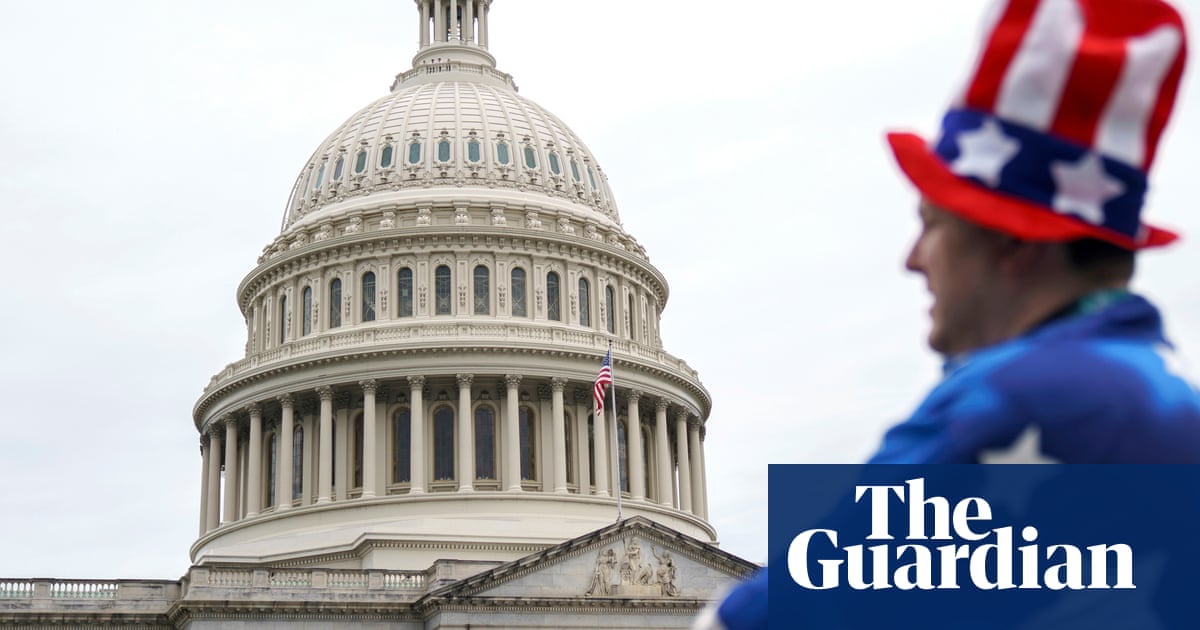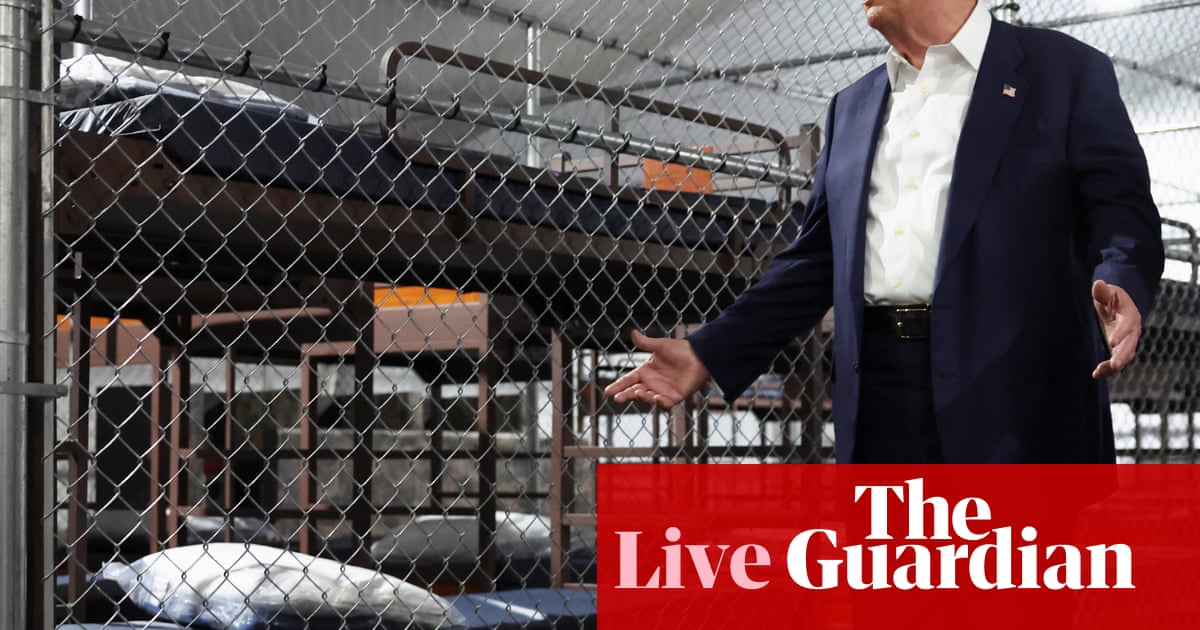US House Republicans were set to vote on Donald Trump’s signature tax-and-spending bill on Wednesday, a day after it narrowly passed the Senate.
But the fate of Trump’s so-called “big, beautiful bill” hangs in the balance as House speaker Mike Johnson seeks to quell an internal revolt over the changes made by the Senate.
The Senate passed the bill, with JD Vance, the vice-president, casting the tie-breaking vote, on Tuesday, after a record-setting, all-night session. Now the chambers must reconcile their versions: the sprawling megabill goes back to the House, where Johnson has said the Senate “went a little further than many of us would have preferred” in its changes, particularly to Medicaid, a program that provides healthcare to low-income and disabled Americans.
But the speaker vowed to “get that bill over the line”. Trump has set a Fourth of July deadline for Congress to send the bill to his desk.
Early on Wednesday morning, the House rules committee advanced the measure, sending it to the floor for consideration.
In a Tuesday night interview with Fox News’s Sean Hannity, Johnson said he expects to hold a House vote on Wednesday but acknowledged that travel disruptions caused by weather delays were a “wild card” that may impact attendance. In that case, he said the vote would likely take place on Thursday “at the latest”.
The House approved an initial draft of the legislation last month by a single vote, overcoming Democrats’ unanimous opposition. But many fiscal conservatives are furious over cost estimates that project the Senate version would add even more to the federal deficit than the House-passed plan.
But Johnson’s wafer-thin GOP majority risks losing decisive votes from rightwing fiscal hardliners demanding steep spending cuts, moderates wary of dismantling safety-net programs and Republicans from Democratic-led states expected to make a stand on a contentious tax provision. Any one of these groups could potentially derail the bill’s passage through a chamber where the GOP can afford to lose no more than three votes.
Trump celebrated the Senate’s passage of the bill as “music to my ears”. He has described the bill as crucial to his second-term agenda, and congressional Republicans made it their top priority.
The non-partisan Congressional Budget Office estimates that the bill in its current form would add $3.3tn to the US budget deficit through 2034.
It will extend tax cuts enacted during the president’s first term in 2017, and includes new provisions to cut taxes on tips, overtime and interest payments for some car loans. It funds Trump’s plans for mass deportations by allocating $45bn for Immigration and Customs Enforcement detention facilities, $14bn for deportation operations and billions of dollars more to hire an additional 10,000 new agents by 2029.
It also includes more than $50bn for the construction of new border fortifications, which will probably include a wall along the border with Mexico.
To satisfy demands from fiscal conservatives for cuts to the US’s large federal budget deficit, the bill imposes new work requirements on enrollees of Medicaid. It also imposes a limit on the provider tax states use to fund their program, which could lead to reductions in services. Finally, it sunsets some incentives for green-energy technologies created by Congress under Joe Biden.

 German (DE)
German (DE)  English (US)
English (US)  Spanish (ES)
Spanish (ES)  French (FR)
French (FR)  Hindi (IN)
Hindi (IN)  Italian (IT)
Italian (IT)  Russian (RU)
Russian (RU)  16 hours ago
16 hours ago
























Comments